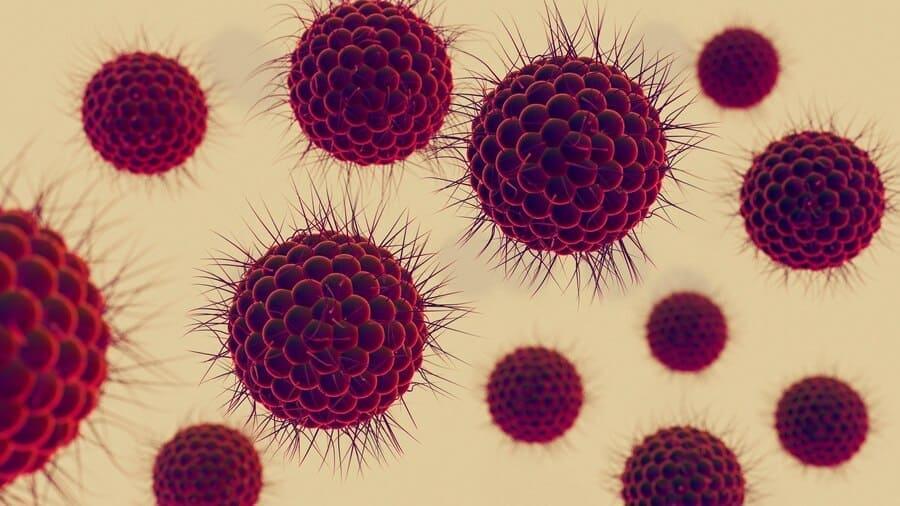KEY TAKEAWAYS
- The study aimed to investigate the efficacy of maintenance therapy with chidamide and PD-1 blockade in addressing R/R post-CAR-T cell therapy for aggressive LBCL.
- Researchers noticed improved outcomes in high-risk CAR-T failure for aggressive LBCL.
Refractoriness and relapse (R/R) after chimeric antigen receptor T-cell (CAR-T) therapy pose significant challenges for the immunotherapy of aggressive large B-cell lymphoma (LBCL). Despite advancements, there remains no consensus on addressing treatment failure or the necessity of maintenance therapy post-CAR-T cell therapy.
Zhenhao Wang and the team aimed to assess the efficacy of maintenance therapy in managing CAR-T failure and improving outcomes for patients with aggressive LBCL.
They performed an inclusive analysis on 52 patients diagnosed with R/R aggressive LBCL, deemed at high risk of resistance to CAR-T cell therapy. These patients received chidamide in conjunction with a PD-1 inhibitor as maintenance therapy subsequent to either CAR19/22 T-cell cocktail therapy or CAR19/22 T-cell cocktail therapy along with autologous stem cell transplantation (ASCT). An additional 52 aggressive LBCL patients, matching baseline characteristics and therapeutic regimens, served as the control group, not receiving any post-CAR-T cell therapy interventions.
About 52 patients receiving chidamide and a PD-1 inhibitor as maintenance therapy, with a median follow-up of 26.5 months (range: 1.1-53.8), neither median progression-free survival (PFS) nor overall survival (OS) was reached. Expected 2-year OS and PFS rates were 89% and 77%, respectively, surpassing the control group (P < 0.001).
Long-term chidamide use and a specific EZB genetic subtype correlated strongly with improved response to chidamide plus PD-1 blockade therapy. Long-term chidamide use is significantly linked with extended persistence and reactivation of CD19-directed CAR-T cells in peripheral blood. Adverse effects (AEs) were moderate and reversible, with no treatment-related deaths recorded.
The study concluded that combining chidamide and PD-1 blockade as maintenance therapy demonstrated the potential to enhance outcomes for aggressive LBCL patients at high risk of failing CAR-T cell therapy.
The study is sponsored by the National Natural Science Foundation of China and the Chen Xiao‐Ping Foundation for the Development of Science and Technology of Hubei Province.
Source: https://pubmed.ncbi.nlm.nih.gov/38615378/
Wang Z, Xu H, Mei Y, et al. (2024). “Combination of chidamide and PD-1 blockade in Refractory/Relapsed aggressive large B-cell lymphomas with high risk of failing CAR-T therapy.” Int Immunopharmacol. 2024 May 30;133:112014. doi: 10.1016/j.intimp.2024.112014. Epub 2024 Apr 13. PMID: 38615378.



